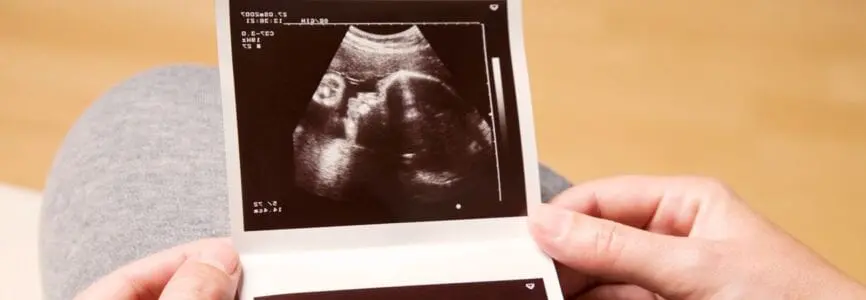Bioethics Forum Essay
An ICU Nurse Discusses Brain Death
Brain death is an immensely challenging concept to grasp, even for health care providers. The patients look like any other patient in the intensive care unit; they have vital signs, they are warm, sometimes their extremities even reflexively respond to stimulation. We turn them, we empty their drains, we tend to the machines supporting their bodies. For seasoned ICU nurses, caring for these patients often elicits feelings of moral distress and inner conflict. It is no wonder that families of brain dead patients frequently react to this news with denial: How could my loved one be dead if her heart is still beating? Brain death goes against the traditional image of death in our culture. Nonetheless, brain death is death.
The Jahi McMath case is tragic on many levels. Jahi’s body is being maintained via artificial means. As George Annas recently asserted on Here and Now, this is no longer life support, as there is no life to be supported. The very presence of their daughter in a hospital bed is preventing the McMath family from coming to terms with the fact that she has passed. The media sensation and related misinformation surrounding the case has done nothing to benefit the McMath family or the providers caring for Jahi’s body: pitting the hospital and providers against the family creates a sense of uncertainty surrounding Jahi’s situation, when, in fact, there is complete certainty.
Repeated court orders to maintain treatment, and to delay the withdrawal of the ventilator, are confusing to the McMath family and to the general public. The “support” being offered by the Terri Schiavo Life & Hope Network does nothing but contribute to this false sense of hope that, somehow, Jahi may come back to life.
As a nurse who has cared for brain dead patients, I am empathetic to this emotionally charged scenario. Caring for a brain dead patient is incredibly mentally taxing, even when the family is in complete understanding. When a family is in denial, the distress felt by the health care provider is exponentially increased. We are prolonging the suffering of the McMath family by continuing to ventilate Jahi’s body.
It is our duty as providers to ensure that the messages being portrayed to the public about Jahi’s case are abundantly clear. We should be talking about “ventilator” withdrawal, rather than “life support” withdrawal. The concept of finding a surgeon to place a tracheostomy and feeding tube in order to facilitate the transfer of her body to another facility, as has been suggested, should not even be entertained. We do the general public (our patients) a disservice by perpetuating misconceptions about the finality of brain death.
Robert Veatch recently argued that as long as the patient isn’t suffering the family should be allowed to decide on their own terms when Jahi is deceased. It is true that Jahi is not suffering, but I would argue that continuing ventilatory support is prolonging the suffering of the McMath family, contributing to the general public’s confusion surrounding brain death, and significantly contributing to the moral distress of Jahi’s providers. As Sam Singer, a spokesman for Oakland Children’s Hospital, has eloquently stated: “This is one of the most tragic situations imaginable. A family has lost their young daughter. But unfortunately, Jahi is deceased. No amount of hope, prayer, or medical procedures will bring her back.” There is, sadly, no uncertain fate here.
Aimee Milliken is an ICU nurse in Boston and a student in the Master of Science in Nursing program at Yale.
Posted by Laura Haupt at 01/03/2014 05:21:39 PM |













